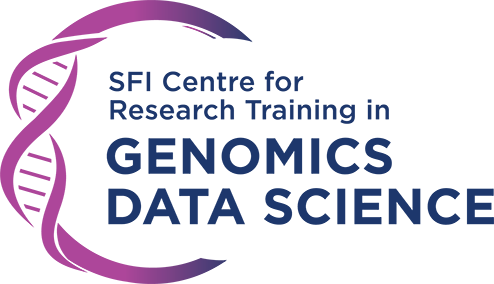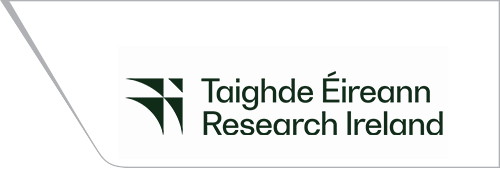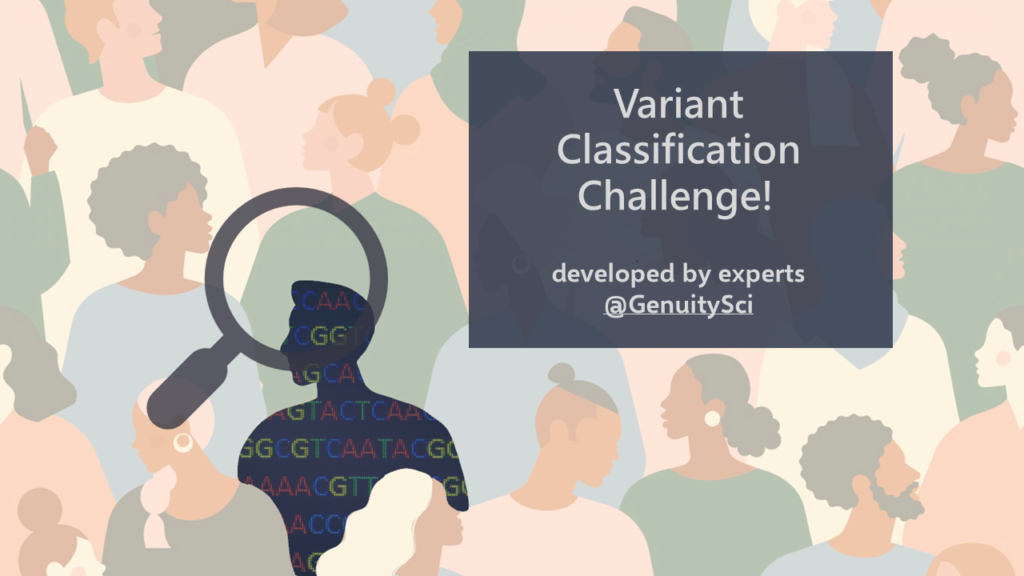Our students are taking part in a Variant Classification Challenge where they will learn to interpret and classify variants produced by genomic sequencing of (hypothetical) patients with suspected rare diseases. This challenge has been developed by experts in Genuity Sciences
Solving rare disease cases is a multi-disciplinary effort involving patients, clinicians, clinical geneticists and bioinformaticans and medical scientists among others and this challenge will teach our students a critical step in this often challenging process. For example, this paper https://nature.com/articles/nrg.2017.116 reviews the approaches used in diagnosing rare disease in children and outlines the multitude of steps involved as well as the various tests that are often performed. We can see the diagnostic yield is highest with whole genome sequencing but this also yields the most variants to analyse and categorise as important or not given the information available from both the patient, team, and the available literature.
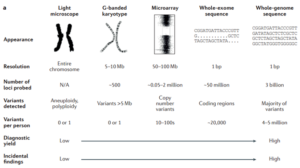
Trio based WGS, which is where whole genome sequencing has been performed for both the parents and the patient of interest (the proband) yields the highest diagnosis rate at 42 %. You may ask yourself, well why don’t we just do this for everyone then where possible? This is due to a combination of factors but one of the biggest is cost as whole genome sequencing is the most expensive of all the tests mentioned in this article (approx $1000 dollars per genome using standard approaches) although this cost is dropping all the time.
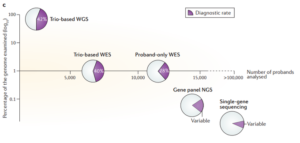
Other factors include but are not limited to the infrastructure required e.g. sequencers, specialist laboratory staff, referral pathways, software pipelines for processing data which often require significant computational power, clinical geneticists and genomics data scientists
With this challenge, we are training the next generation of genomics data scientists to understand some the complexities in this process and enable them to positively contribute to the solutions.
We would like to especially thank Dr Ben Molloy, a clinical research scientist from the Genuity Sciences Irish rare disease program who has developed the training material and problem sets for this challenge!
For families, finding the diagnosis for a rare disease is the end of what is often termed the ‘diagnostic odyssey’ but is just the beginning of the search for suitable treatments and supports. This is exemplified in this article from
‘It Will Consume Your Life’: 4 Families Take On Rare Diseases – The New York Times (nytimes.com)
But there have been successes using genomics research to develop treatments for rare diseases e.g. ‘Spinraza’ for the neurodegenerative disease Spinal Muscular Atrophy
A Breakthrough in Genetic Medicine for Rare Diseases – Scientific American
